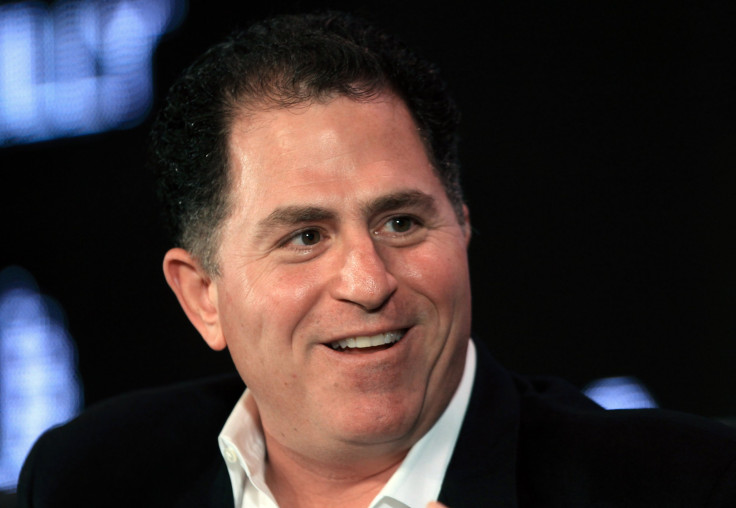Decision Reported Imminent On Dell Takeover

The board of Dell Inc. (NASDAQ:DELL) was to meet Monday night to vote on an offer to take the company private for about $24 billion, Bloomberg reported, citing “people with knowledge of the matter.”
The deal may be announced early Tuesday morning, said the sources, who would not go on the record. The offer values Dell, the No. 3 PC maker, at $13.50 to $13.75 a share, two of the people said. The Round Rock, Texas-based company closed at $13.27 Monday, for a market value of about $23 billion.
The New York Times, however, reported that “last-minute obstacles could cause the talks to collapse.”
Under the deal, Silver Lake Management LLC, the Menlo Park, Calif.-based leader in technology private equity deals, is to invest more than $1 billion in the buyout, and longtime partner Microsoft Corp. (NASDAQ:MSFT), the No. 1 software company, will invest about $2 billion, one of Bloomberg's sources said. Michael Dell will contribute his 15.7 percent stake, valued at more than $3.6 billion, and contribute $700 million, this person said, giving him a majority stake in the company.
In addition to the equity and about $15 billion in debt, the deal will include billions of dollars in cash from Dell including some from offshore accounts, one of Bloomberg’s sources said.
The transaction would be the largest technology leveraged buyout, or LBO, since the financial crisis, according to data compiled by Bloomberg. Going private may help the third-largest PC maker speed up attempts to revive growth and compete more effectively without the scrutiny of public investors.
David Frink, a spokesman for Dell, and Frank Shaw, a spokesman for Microsoft, declined to comment, as did a representative for Silver Lake.
A senior executive of a bigger computer company said Dell has been a lot more aggressive in the server and services area in recent years but declined to comment on whether a private deal would make the company more competitive.
Still, any deal would present various problems for Dell, as well as its financial adviser, JP Morgan Chase (NYSE:JPM).
First, the deal would require rescheduling or refinancing the company’s current debt of about $9.3 billion. Current bondholders would have to agree to a deal, now that the “new” company would be saddled with additional debt that would have to be relinquished through operating cash flow. In the 12 months through last November, that was about $3 billion.
Then Dell would have to manage its current cash and investments, valued at around $14.2 billion, most of which is outside the U.S. Repatriating it would incur a hefty tax charge, but the money is also useful, because Dell has major global operations including factories in Brazil, China, Ireland, Malaysia and the Philippines.
Shares of Dell have gained nearly 30 percent in the past two months, when Bill Shope, who covers the company for Goldman Sachs (NYSE:GS), suggested Dell was interested in a buyout. The rationale would be that private status would free the company to transform itself into a better competitor against service providers headed by Hewlett-Packard Co. (NYSE:HPQ), the No. 1 computer company, and International Business Machines Corp. (NYSE:IBM), the No. 2 computer company.
A sale at the higher price would be a boon to Dell’s biggest current outside investors, mainly mutual fund complexes such as the private Vanguard Group, as well as T. Rowe Price (NASDAQ:TROW). But some smaller investors said they might vote against a sale, because it might undervalue the company or burden it with large extra debts.
Shares of Dell fell 36 cents to $13.27 shortly before the Monday close, valuing the company at $23.1 billion. A year ago, they were at $18.06.
© Copyright IBTimes 2024. All rights reserved.











